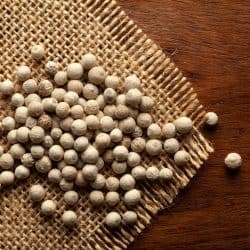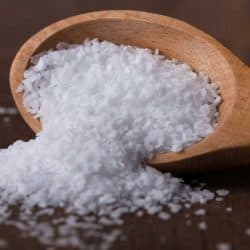Would you like to know how long mustard can sit out of the fridge? Well, we have researched this topic and have answers for you. Understanding how long mustard can sit out is vital to ensure your mustard is safe and delicious.
Mustard can sit out unrefrigerated for a year and still be safe to eat; however, it will only retain its full flavor for six weeks.
In this article, we will learn how long mustard can sit out unrefrigerated. We will also learn the answers to other interesting related questions such as, how do you tell if your mustard is bad, and how long can other condiments remain unrefrigerated? Keep reading to learn more.
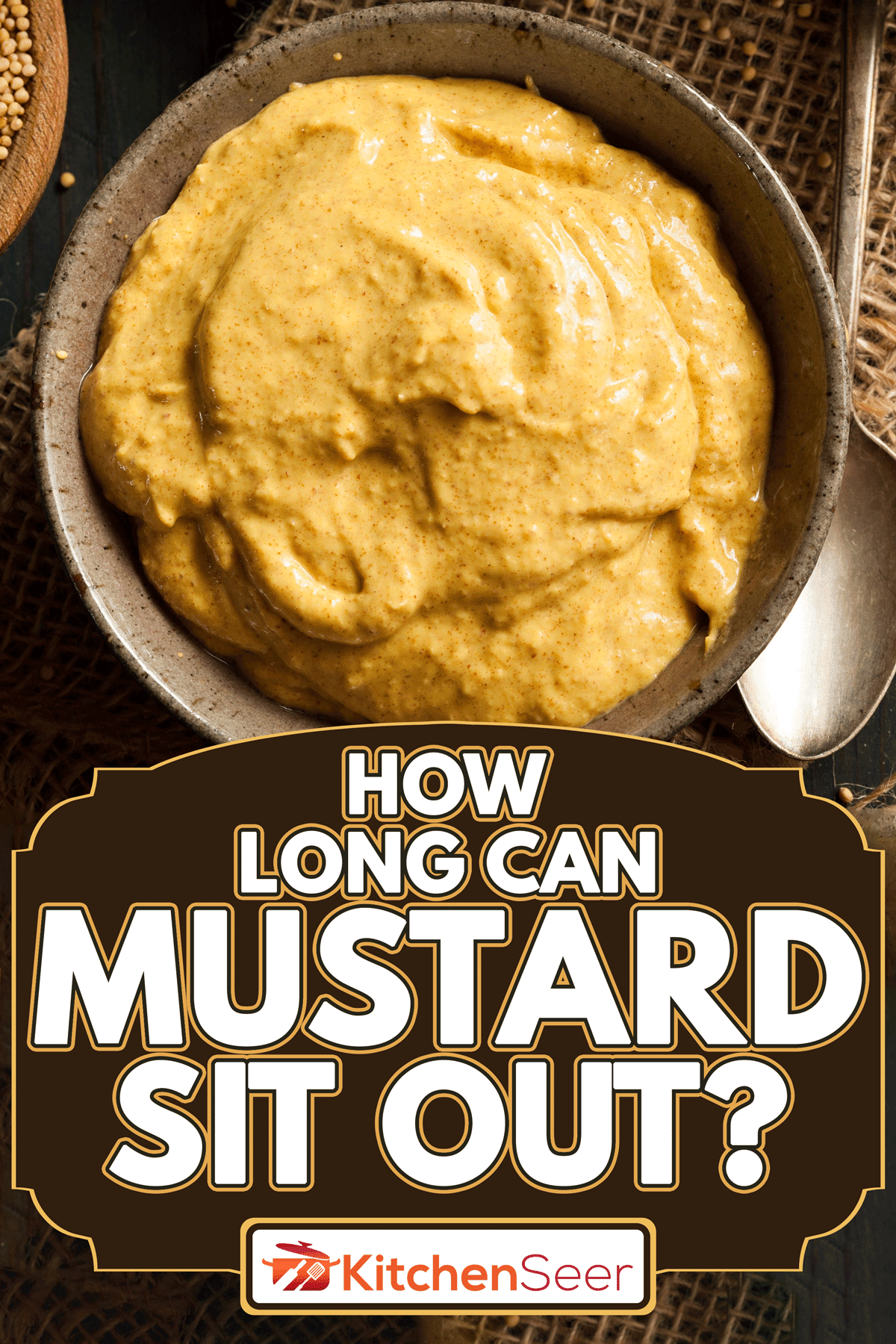
How Long Can Mustard Sit Out?
Mustard can sit out for a year or more without needing to be refrigerated. Mustard sitting out for a year or more will need to be reconstituted.
Natural separation can occur as mustard sits, especially out of the fridge. Also, the top of the mustard can begin to dry out and become hard.
To reconstitute your mustard, empty the contents of your mustard into a bowl and mix it thoroughly. This should bring the mustard back to an easy-to-spread consistency.
While the mustard will be safe to eat for over a year, it won't be the same quality as fresh mustard. As mustard ages, its flavors begin to break down and lose their potency.
The refrigerator slows the loss of mustard's flavor, but mustard can lose much of its taste in as little as six weeks when left sitting out.
The rapid loss in unrefrigerated mustard's flavor is why many brands tell you to refrigerate your mustard after opening it for the best quality. Some types of mustard are more prone to losing their flavor than others.
Dijon mustard is best refrigerated since the loss in flavor will cause it to taste more like standard mustard. The same is true with hot mustards, which become less hot with time.
As you can see, mustards can be left out for over a year and be safe to eat, but if you want quality flavored mustard, it would be best to refrigerate your mustard.
How Do You Tell If Your Mustard Is Bad?

While mustard can stay safe to eat for over a year, it is susceptible to spoiling. If your mustard has been unrefrigerated for more than six weeks or in the fridge for more than six months, it would be best to check if it's bad.
The best way to tell if your mustard is bad is to use your senses. Between your senses of smell, sight, feel, and taste, you should be able to determine if your mustard is still good.
The Smell
The first sign that mustard is rancid is the smell. Mustard has a sharp, distinct smell but shouldn't smell foul or sour. If you notice a change in the smell of your mustard, it has likely spoiled and should be thrown out.
The Sight
If you notice that your mustard has separated, don't worry, it isn't cause for concern. Mustard naturally separates as it sits. To return mustard to its original consistency, shake the bottle.
If you look at your mustard and notice any strange clumps of mustard or discoloration in the mustard, it could be signs of spoilage or mold. It would be best if there are irregularities in the sight of your mustard to throw it out.
The Feel
Sometimes mustard may look okay but still be spoiled. If you are unsure about your mustard before eating some, try feeling how it feels between your fingers.
Mustard should have a smooth consistency, and while it will stick to your fingers, it shouldn't be sticky. If your mustard is very sticky, it may have spoiled and should be thrown away.
If there are strange little clumps in the mustard, they could be colonies of bacteria or mold. Any irregularity in the feel of your mustard should prompt you to throw it out.
The Taste
If your mustard has passed all of the previous tests, then the only thing left to do is try some. Mustard should have a strong distant taste, but it shouldn't taste extra sour or bitter. If you notice that the taste of your mustard has changed, it would be best to get rid of it.
If you notice that the mustard still tastes the same but milder, that is normal. As mustard ages, it loses some of its flavor strength. If you eat mustard after it's best by date and it tastes milder but normal, it's safe to eat.
How Long Can Different Condiments Remain Unrefrigerated?
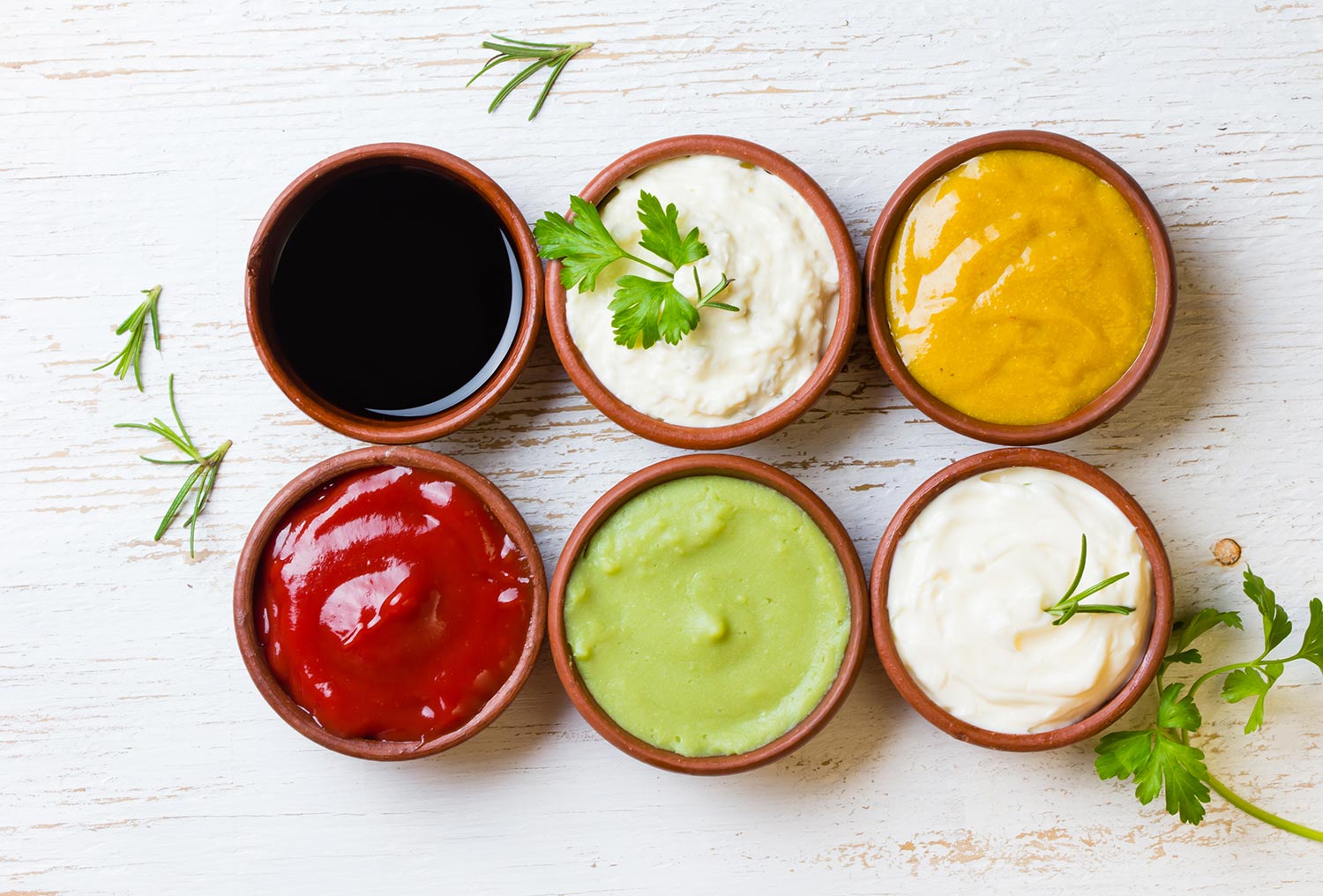
Now that we understand how long mustard can remain unrefrigerated let's learn how long other popular condiments can remain unrefrigerated.
Ketchup
Ketchup can remain unrefrigerated for up to a month. Ketchup can last so long without refrigeration because its high acidity keeps bacteria from multiplying.
The quality of your ketchup will start to degrade as it is exposed to air. The best way to maintain the quality of your ketchup is to refrigerate it.
If you accidentally leave your ketchup out unrefrigerated for the night, you can return it to the fridge in the morning without worrying about it spoiling.
Mayo
Mayo contains eggs and will spoil if left at room temperature for too long. The FDA recommends throwing out mayo that has been above 40 degrees Farenhight for longer than two hours.
Barbeque Sauce
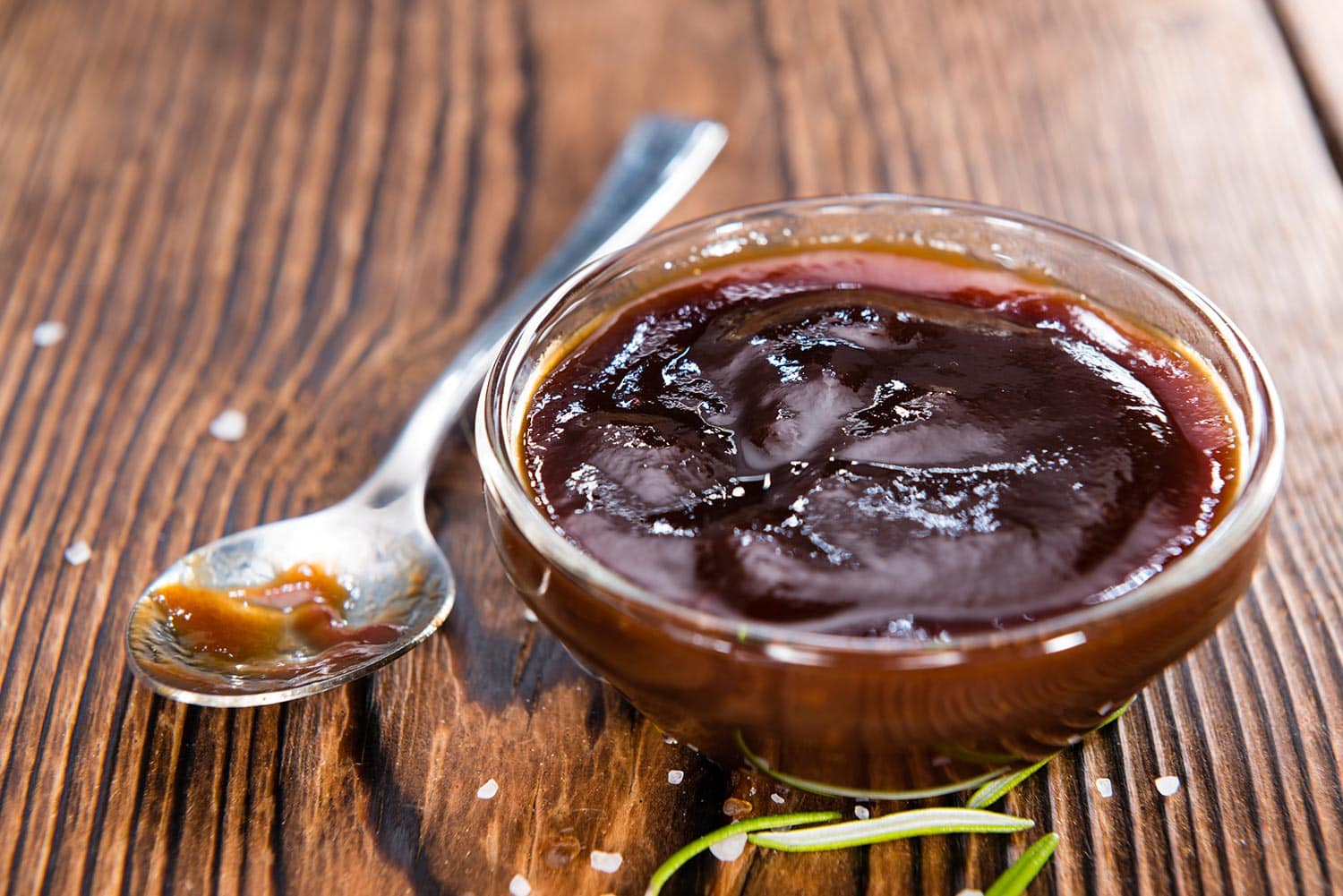
Most barbeque sauces have a high enough acidity to be left out indefinitely. The quality and flavor of the sauce will deteriorate faster if not in the fridge. It is recommended to ensure the quality of your barbeque sauce that you store it in the refrigerator.
Hot Sauce
Hot sauce is perishable and can only remain at room temperature for two hours. If your hot sauce has been left out longer than two hours, you should throw it out.
Salad Dressing
Salad dressings can vary significantly in their ingredients and how long they can be unrefrigerated.
If you have a highly acidic dressing like a vinaigrette, it can last for days unrefrigerated but will deteriorate in taste over the days.
If you have a salad dressing low in acidity like ranch, it shouldn't be left out for more than a day. If you leave the ranch out for multiple days, it will start to separate and lose its flavor. It will eventually spoil if left unrefrigerated.
Some salad dressings contain dairy products like blue cheese dressing and can't be left out for more than two hours at room temperature. If your blue cheese salad dressing reaches 40 degrees Fahrenheit and remains that way for two hours, throw it out rather than risk a food-borne illness.
What Condiments Don't Need To Be Refrigerated?
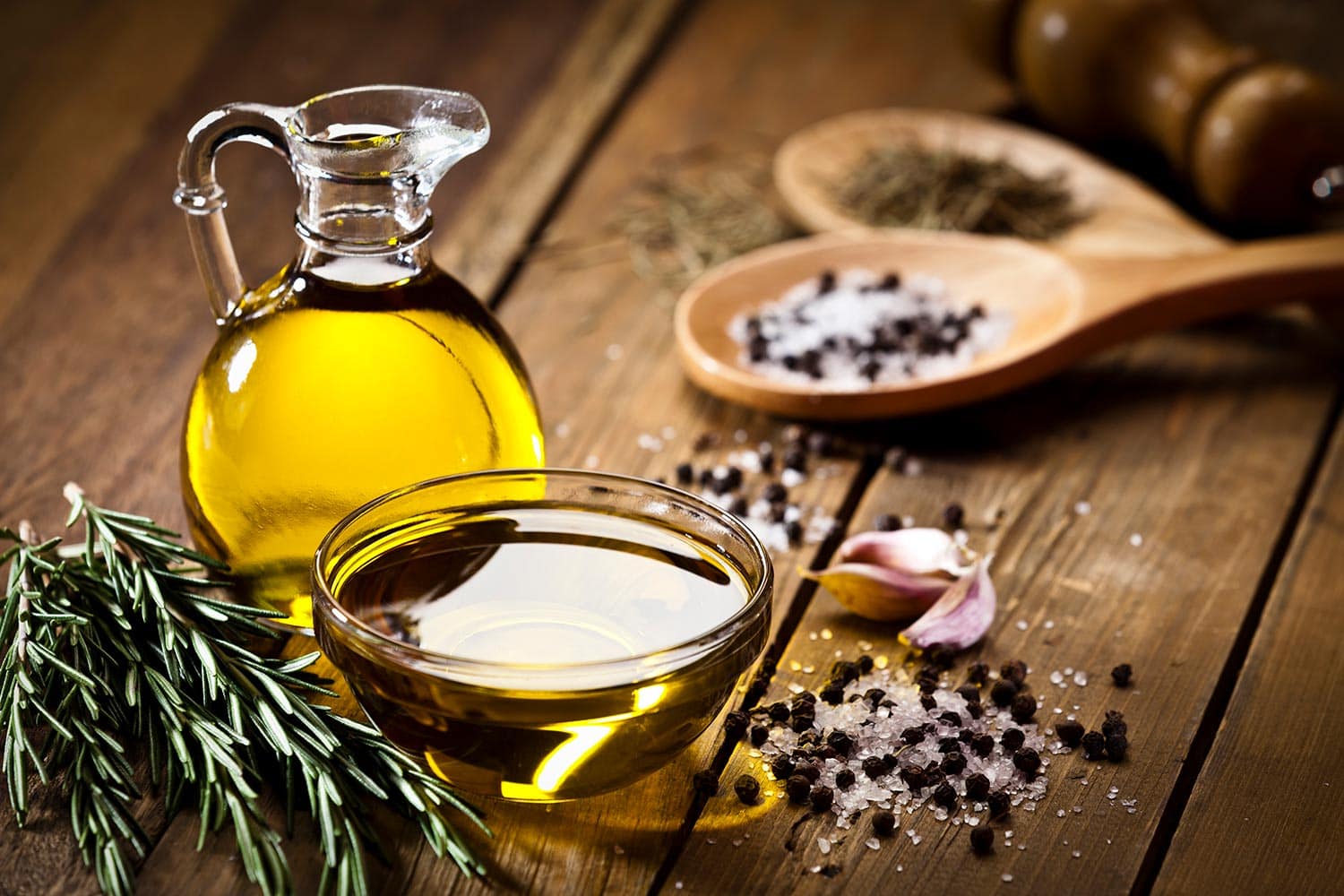
A condiment is anything that is used to flavor food at the table. So while many spices flavor foods, like paprika, they aren't all condiments. For example, salt is a condiment because it is commonly used at the table to enhance the flavor of food.
Let's look at some common condiments that don't need refrigeration.
Salt
Salt is a dry condiment and is naturally resilient to spoiling. Salt is often used to preserve things against spoiling. Salt is a shelf-stable condiment you can keep on your table.
Pepper
Pepper, like salt, is a dry condiment and can be left out unrefrigerated. Pepper can lose its taste over time, and keeping it in the fridge has been shown to decrease the rate of flavor loss.
If you freshly grind whole peppercorns, your pepper will have virtually no flavor loss even if left out. The freshly ground pepper keeps its flavor because the peppercorn pepper isn't exposed to air and isn't losing its flavor.
The reason pepper loses its flavor when exposed to air is oxidation. As oxygen bonds to the pepper, it oxidizes it, altering its flavor profile.
Soy Sauce
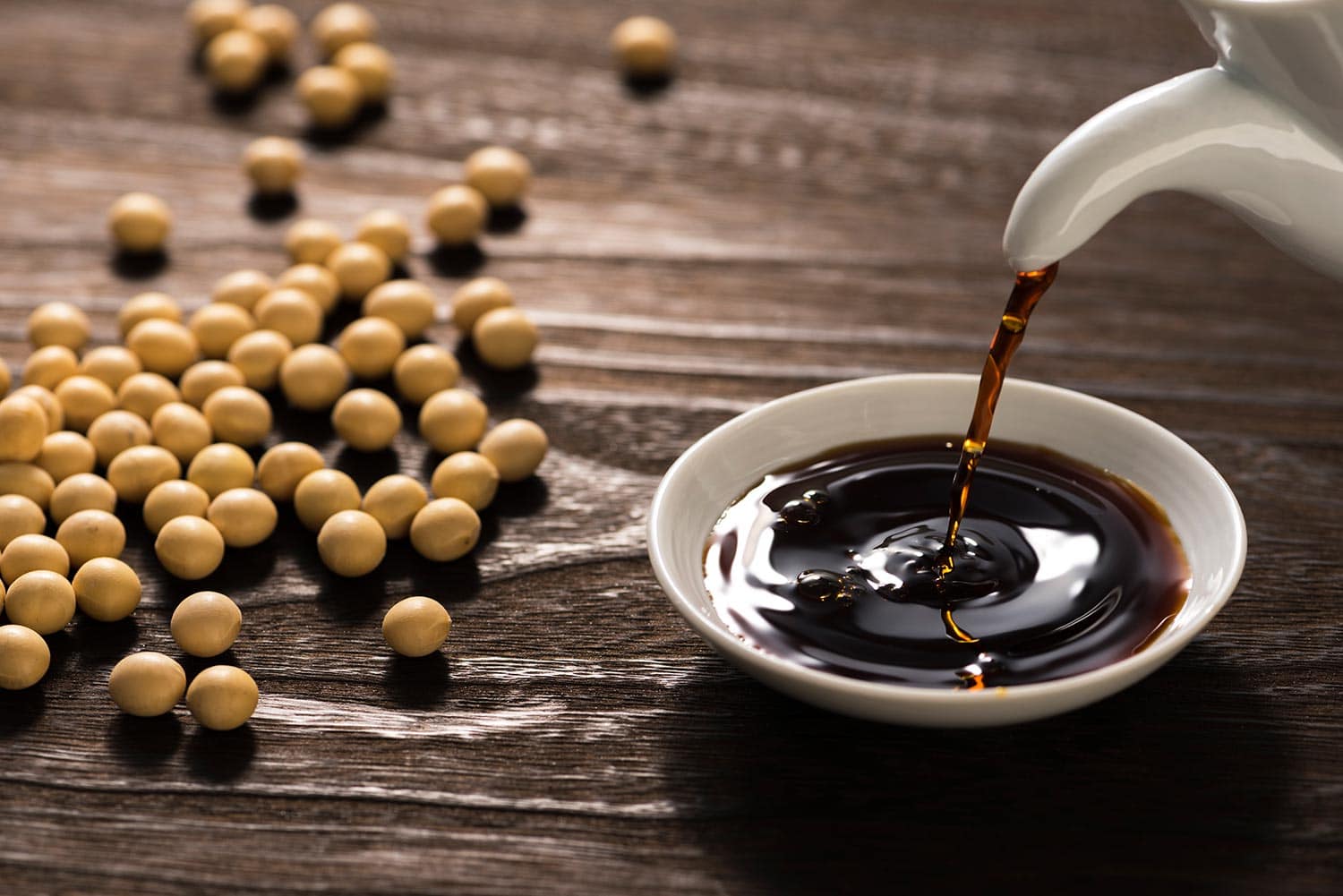
Soy sauce has a high salt content and is resistant to spoiling. You can store soy sauce in a dark cool cabinet or the fridge and it won't spoil.
Fish Sauce
Fish sauce, like soy sauce, is high in salt and can be stored out of the fridge.
Olive Oil
Olive can be stored out of the fridge. Olive oil is kept at its highest quality in a cool dark place, like in a cabinet or pantry.
You should never store olive oil in the fridge. Olive oil in the refrigerator will precipitate condensation and alter the flavor of the oil.
Final Thoughts
In this article, we learned mustard can remain unrefrigerated for over a year but will retain its best flavor for only six weeks. We also learned how to use our senses to tell if mustard has spoiled.
Remember, when in doubt, throw it out.
We hope you enjoyed this article. If you want to learn more, check out some of these other posts.
How To Store Peaches And Nectarines To Keep Them From Spoiling
Can You Leave Velveeta Cheese Out Overnight?

